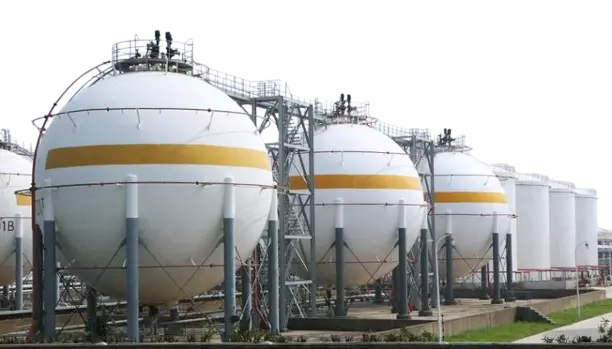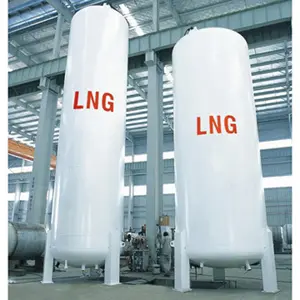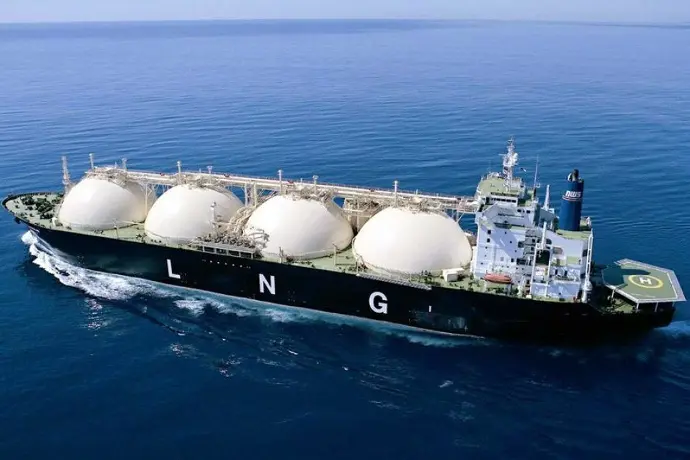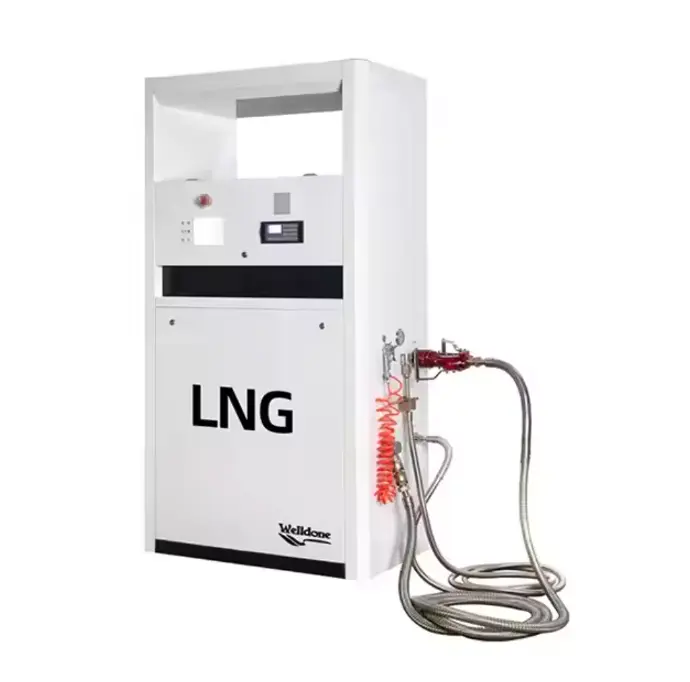Liquefied natural gas (LNG)
NJORD traders operates liquefied natural gas (LNG) business, characterised by a diversified portfolio, a varied global customer network, extensive shipping and storage capabilities, and access to regasification facilities.
What is LNG?
Liquefied natural gas (LNG) is natural gas that has been cooled to a temperature of around -162°C (-260°F), causing it to condense into a liquid. This process shrinks its volume by approximately 600 times, which simplifies its storage and transportation.
Numerous cities and industrial sectors that rely on natural gas for energy are located far from the gas fields, making the construction of pipelines impractical or prohibitively expensive. By liquefying the gas, it can be transported more efficiently by ship as LNG.
LNG is colourless, odorless, non-toxic, and non-corrosive, making it a versatile and lower-carbon alternative to other fossil fuels. In its liquid form, LNG is not capable of igniting.
Once LNG arrives at its destination, it is converted back into natural gas at regasification plants.
What is LNG used for?
In 2023, natural gas accounted for approximately 23% of global energy consumption, as reported by the Energy Institute's Statistical Review of World Energy.
Liquefied natural gas (LNG) serves a variety of purposes, including:

Power production
LNG, or liquefied natural gas, represents a significantly cleaner energy source for the generation of electricity in power plants, offering a more environmentally sustainable alternative to traditional coal. This transition not only reduces harmful emissions but also contributes to a healthier atmosphere. Furthermore, LNG plays a crucial role in enhancing the reliability and adaptability of the electrical grid, which is increasingly important as we integrate more renewable energy sources like wind and solar power. These renewable sources can be variable and unpredictable, and LNG helps to stabilise the grid, ensuring a consistent and dependable energy supply for consumers and industries alike.
Industry's
LNG serves as a critical raw material in the synthesis of various products, including fertilizers, plastics, and textiles, which are integral to numerous industries. Furthermore, it can be harnessed as a fuel source to power diverse manufacturing processes, enhancing efficiency and sustainability.
The transition from coal to natural gas and LNG presents industries with a significant opportunity to not only optimize their operations but also to make a meaningful impact on the environment by substantially lowering their carbon emissions. This shift not only aligns with global sustainability goals but also positions companies as leaders in the fight against climate change.


Transport
Liquefied Natural Gas (LNG) is increasingly favored for heavy-duty vehicles and maritime vessels, helping to lower emissions in the transport sector.
Available in large quantities, LNG can reduce emissions by up to 23% compared to traditional fuels. It also supports the transition to net-zero emissions through the use of liquefied biomethane (bio-LNG) and liquefied synthetic gas (LSG), or e-LNG.
At NJORD traders, we assist shipping clients in achieving their decarbonisation goals by partnering with leading companies that operate a vast LNG fuelling network along key trade routes.
Residential application
Liquefied Natural Gas (LNG) is extensively recognized as a highly adaptable energy source that caters to a multitude of applications. It plays a crucial role in the efficient heating of water, ensuring that households have access to hot water for various needs. Additionally, LNG is instrumental in providing warmth to residential buildings during colder months, enhancing comfort for families. Furthermore, it has gained popularity as a preferred fuel for cooking meals, making it a staple in kitchens across diverse regions, where it supports both everyday cooking and special culinary endeavours.
